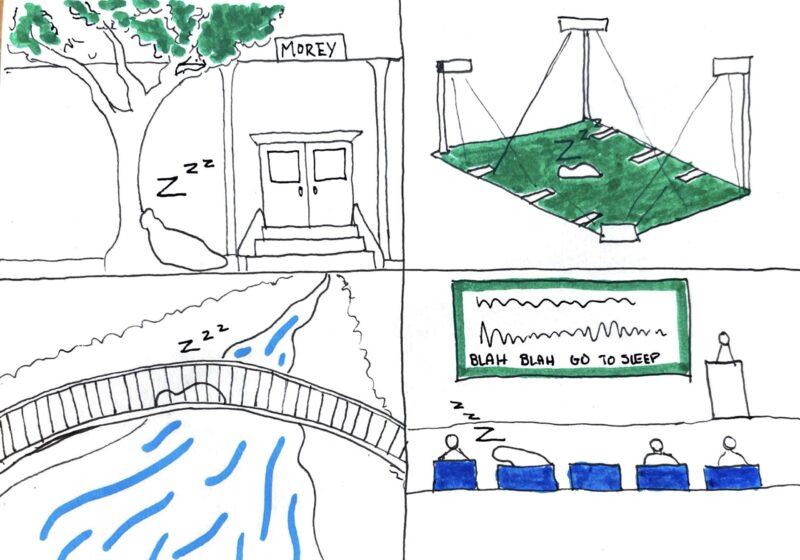The integration of artificial intelligence (AI) in educational technology (EdTech) has brought unparalleled convenience and efficiency to classrooms worldwide. However, despite embracing these advancements, it is crucial to recognize the significant challenges they pose to the autonomy and professional judgment of instructors.
The escalating prevalence of AI-powered educational platforms, such as Chegg and Quizplus, comes at the expense of a student receiving personalized instruction or being able to cultivate critical thinking abilities.
One of the primary concerns associated with AI-driven tools in education is the depersonalization of instruction. These tools often rely on pre-packaged digital content and standardized solutions, leaving scant room for instructors to tailor their teaching methods.
Each student possesses unique characteristics, including distinct learning styles, strengths, and weaknesses. Instructors, armed with their wealth of experience and expertise, are best positioned to customize their approaches to cater to these individual needs. They know how to adapt to their students’ varying learning styles. However, AI-driven platforms like Quizplus and Chegg restrict their ability to do so effectively, resulting in a one-size-fits-all approach that fails to engage and inspire students to reach their maximum potential.
EdTech companies offer step-by-step solutions to textbook problems. These are intended to act as study aids. However, some students exploit this feature, employing it as a means to merely replicate solutions without comprehending the underlying concepts. Consequently, instances of plagiarism and cheating on assignments and exams become pervasive.
While these platforms may offer convenience, their automated nature can be exploited for academic dishonesty, as students may utilize external resources or collaborate with others during quizzes, compromising the accuracy and integrity of their learning outcomes.
The implications of this depersonalization and the surge in academic dishonesty are far-reaching. By diminishing the role of instructors as facilitators of meaningful educational interactions, we run the risk of stunting the growth of critical thinking and problem-solving skills among students.
Education should not solely focus on knowledge acquisition, but should also foster the ability to analyze, evaluate, and apply that knowledge in real-world contexts. It should help one’s mind grow, not simply retain information. Through dynamic classroom discussions, collaborative projects, and hands-on activities, instructors play a pivotal role in nurturing these essential skills.
AI-driven platforms, with their standardized solutions and automated features, are ill-equipped to provide the same level of engagement and intellectual stimulation as human instructors. While AI-driven EdTech platforms undeniably have their merits, we must not lose sight of the importance of preserving instructor autonomy and the holistic educational experience they provide.
Instead of relying solely on pre-packaged content and standardized solutions, these tools should be designed to augment and complement the role of instructors, empowering them to adapt and customize their approaches while leveraging the benefits of technology.




